Foods to Eat That Help Your Metabolism


Eat Your Way Slim
We’d all love a magic pill or food that makes weight loss easy and permanent. But until either one comes around, healthy eating is still your best bet. The trick is to choose foods that do three things:
- Keep you full
- Won’t cause major spikes in your blood sugar (too much sugar in your blood gets stored as fat)
- Support a healthy metabolism -- your body’s system for turning what you eat and drink into energy

It’s Important to Eat
If the rule of weight loss is to burn more calories than you take in, not eating should make you lose weight fast, right? Wrong. Animal studies show that with less eating, the body goes into “starvation mode,” burning fewer calories to conserve energy. Also, you’ll be short on nutrients, making you tired and sluggish. To get your pep back, you might be tempted to eat sugary or fatty foods, which will pack all those skipped calories back on.

Choose Iodine-Rich Foods
The thyroid gland plays a key role in helping your metabolism burn calories and control your appetite. To do its job, your thyroid needs healthy levels of iodine. Most people in the U.S. get all the iodine they need through a regular diet, but some foods have more iodine than others. Make sure you get at least some of these common sources:
- Table salt
- Egg yolks
- Milk and dairy products
- Saltwater fish, such as cod
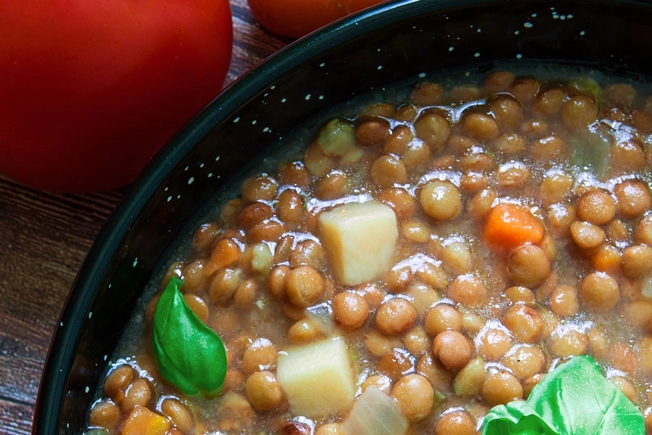
Show Legumes Some Love
Legumes, such as beans, peas, and lentils, are rich in fiber. This makes your metabolism work harder to digest them and keeps you feeling full longer. Studies have shown that lentils can help you eat less and lower your body weight and waist measurements. Beans also have something called resistant starch, which is linked to higher rates of fat metabolism.

Water, Part I: Drink Up
Water supports your metabolism in ways that might surprise you. The trick is to drink more than usual, or drink it instead of beverages with calories. Research suggests that water may:
- Help you take in fewer calories
- Boost calorie burning if you’re obese
- Help your body burn fat

Water, Part II: Put It on Ice
Want to bump up the health benefits of water? Drink it very cold. Your digestive system burns extra calories -- about eight -- to get it to room temperature. Eight calories per glass isn’t much, but it adds up over the course of a day, and especially over a week.
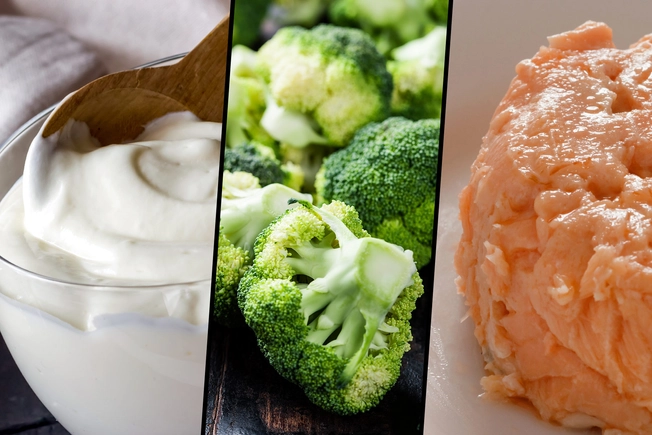
Get Your Calcium
When you think of the role of calcium, strong bones probably come to mind. You can thank your metabolism for that, as it helps your body get calcium from food. Some studies suggest calcium can also help you shed pounds and fat, but it’s too early to know for sure. Still, you can’t go wrong with healthy, calcium-rich foods in your diet. These include low-fat dairy, broccoli, and canned sardines or salmon, which have soft, edible bones.

Don’t Be Ginger About Ginger
This funny-looking root packs all kinds of health benefits: It can soothe an upset tummy and ease arthritis pain and swelling. Research shows it may also have a powerful effect on body weight and blood sugar. One study found that drinking a hot ginger drink with breakfast lowered feelings of hunger and had a strong thermogenic (calorie-burning) effect. You can savor its spicy kick in tea and Asian dishes such as stir-fries and soups.
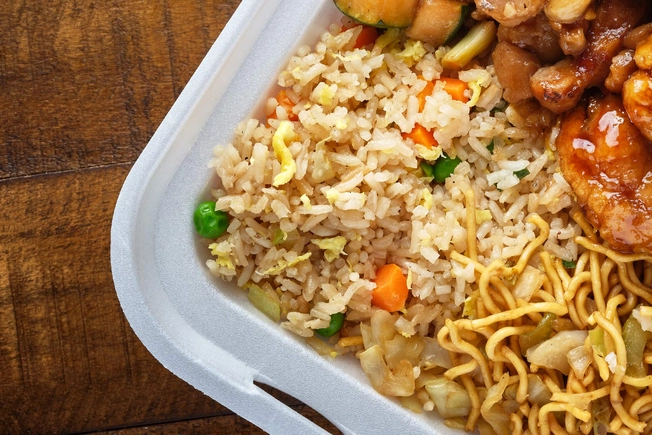
Be Less Refined About Grains
Love Chinese takeout? Do your metabolism a favor and ask for brown rice instead of white rice. Brown rice is a whole grain, while white rice -- which has been stripped of the brown nutrient-rich layer -- is a refined one. Some studies show that whole grains have an effect on weight loss, but the jury’s still out on that. Whole grains, unlike refined ones, support your body in key ways:
- Appetite control
- Nutrient supply
- Sustained energy
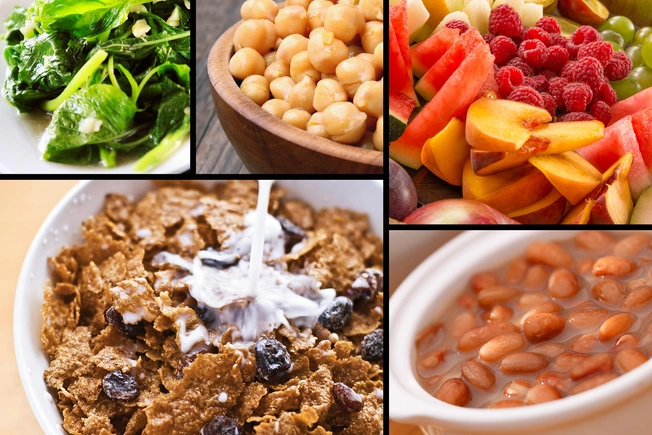
Load Up on Low-Glycemic Foods
Low-glycemic index (low-GI) foods are relatively low in carbohydrates. Your body digests them more slowly than high-carb, high-glycemic index foods. That means your blood sugar doesn’t surge when you eat them. Research suggests low-GI diets can help stop diabetes, heart disease, and even some cancers. Low-GI foods include green veggies, chickpeas, most fruits, beans, and bran breakfast cereals.

Don’t Fear Artificial Sweeteners
Low- or no-calorie sweeteners sometimes get a bad rap for being unhealthy. There are even a few studies in animals that suggest they promote weight gain. In truth, low- and no-calorie sweeteners are safe in moderation, according to numerous studies and scientific bodies. So don’t be afraid to empty a packet or two into your morning coffee if that helps you stick to the golden rule of weight loss: Burn more calories than you take in.
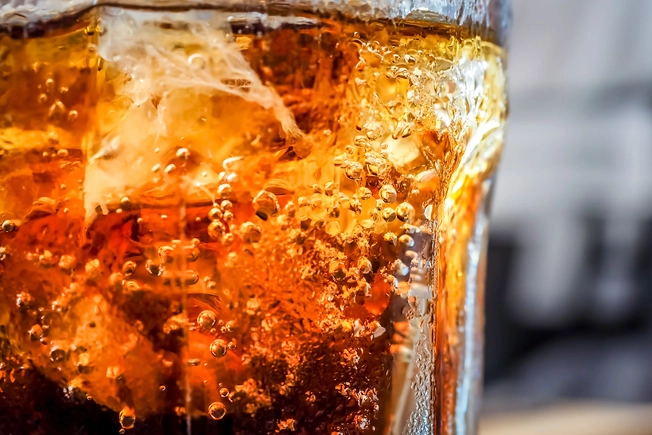
Steer Clear of Sugar-Sweetened Drinks
The obvious reason sugar-sweetened beverages are a no-no for your waistline: They have lots of calories. Some research suggests they can also negatively impact your metabolism beyond the “calories in, calories out” rule. Juice, regular soda, sweet tea, and other sugary drinks may increase the risk of type 2 diabetes, coronary heart disease, and body fat. Several studies have shown that sugar also increases cholesterol levels.

Cut Down on Alcohol
It’s easy to forget about calories in what you drink, and the ones in alcohol add up quickly. A 12-ounce beer has about 150 calories -- 100 in a light brew. There are about 100 calories in a 1½-ounce shot of rum, whiskey, or vodka, and a pina colada packs 490! Alcohol can also stimulate your appetite. The weight you gain from it tends to settle on your belly, which can cause heart disease, diabetes, and raise your breast cancer risk.
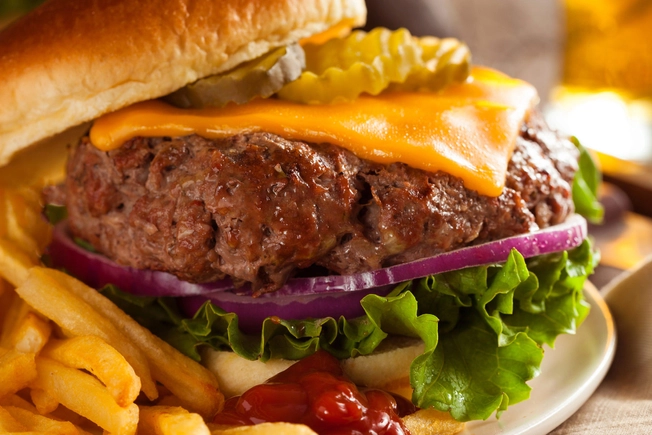
The Skinny on Fat
Your body needs some fat to work well. But fat is high in calories, and it doesn’t keep you feeling full. This can lead you to eat more later, taking in even more calories. And indulging in fatty foods for even a short time can worsen your metabolism. One study found that just 5 days of eating a high-fat diet can hurt your muscles’ ability to process glucose. This can lead to weight gain, diabetes, and other health problems.
